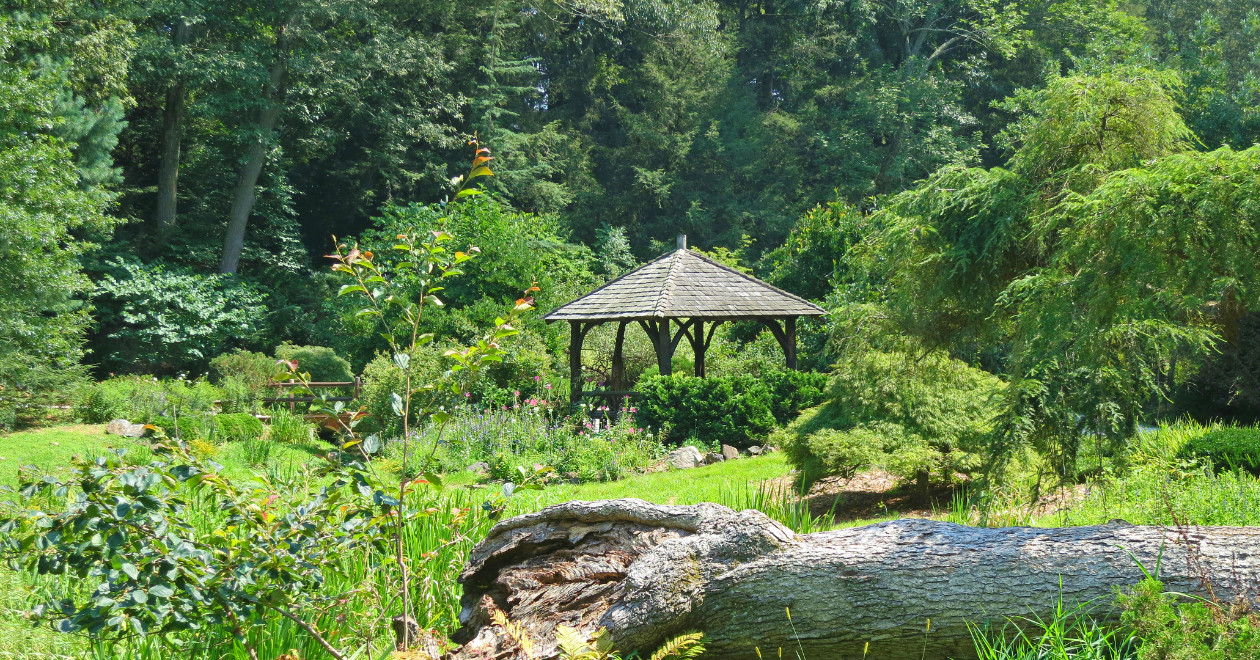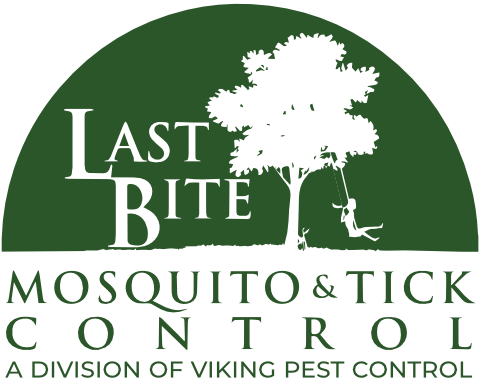Mosquito & Tick Control in Wayne NJ
Tick & Mosquito Control in Wayne, NJ

Wayne Township of Passaic County, New Jersey has a population of about 54,000 residents. It’s a suburb of New York City and located just 20 miles from Manhattan. Wayne is a favored residential area for commuters who work in the city. It’s also home to William Paterson University.
The area that Wayne Township occupies was first home to the Lenape people. A surveyor and trader named Arent Schuyler negotiated the purchase of 5,000 acres of land from the Lenape on November 11, 1695. General George Washington used the Dey Mansion as his headquarters for parts of the Revolutionary War during 1780. His aide, Alexander Hamilton, resided at the Mansion with him while his troops stayed in various nearby encampments.
Wayne, NJ was originally dependent on the agriculture, milling, and blacksmithing industries. Much of the farmland was later turned into residential housing following World War II. Today, residents of Wayne Township have ample opportunities for shopping and entertainment. The area has a wide variety of stores, restaurants, and coffee shops. It also has fantastic outdoor recreational opportunities from local parks to High Mountain Park Preserve.
Warm New Jersey Summers Make Mosquito Control Essential
Mosquitoes thrive in warm, moist environments. They seek out sources of standing water to lay their eggs. One effective strategy homeowners can adopt to help control mosquito populations is removing any areas of standing water. This includes low-lying spots in lawns, pet water dishes, bird baths, and water that lays on furniture, plant pots, and play equipment. Even the water contained in a discarded bottle cap can attract mosquitoes, so keeping all outdoor spaces clean and tidy is a must.
For effective mosquito control that lasts, Wayne residents should consider professional pest control. Trained experts have the knowledge to seek out potential breeding grounds and eliminate them, making homes and outdoor areas less appealing. When combined with perimeter sprays that kill live mosquitoes and their eggs, these methods result in a mosquito-free yard.
Expert Tick Treatments Prevent Infestations
Ticks are a tricky pest. Their small size and tendency to hide out in tall grasses and brush makes them difficult to spot. Ticks attach themselves to humans and animals through a process called questing. They climb to the top of vegetation and reach out their front legs, ready to latch onto a passing host. While some tick bites produce symptoms, most notably the bulls-eye rash of Lyme disease, not all bites show side effects. It’s crucial for everyone who spends time outdoors to inspect their clothing and skin for ticks, especially after exposure to forests, overgrown lawns, and other dense vegetation.
The best defense against tick-borne illness is through professional pest control. Barrier sprays are an excellent option to safeguard lawns from tick infestations. It’s also important for homeowners to treat their pets with vet-approved tick control products to prevent them from carrying ticks onto their property.
Last Bite’s Residential Pest Control for Mosquitoes and Ticks
Last Bite provides quality, state-of-the-art mosquito and tick control for homeowners in Wayne, New Jersey. We offer single treatments and seasonal packages to keep your property pest-free all year round. All of our products are EPA-approved and each service comes with a satisfaction guarantee.
RECLAIM YOUR YARD
CAN'T WAIT?

QUICK LINKS
Sign Up for Exclusive Content & Special Offers
ALSO OF INTEREST
Footer
CONTACT US
3408 Sunset Ave.
Ocean, NJ 07712
Mailing Address:
P.O. Box 158
Liberty Corner, NJ 07938

